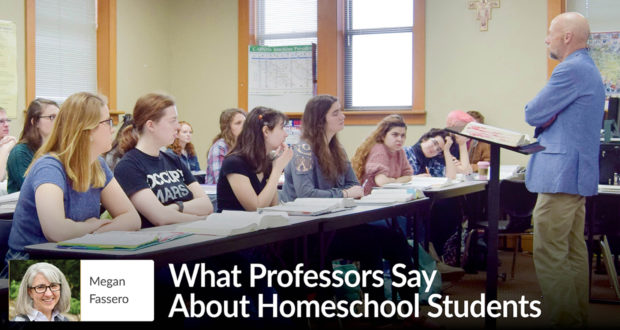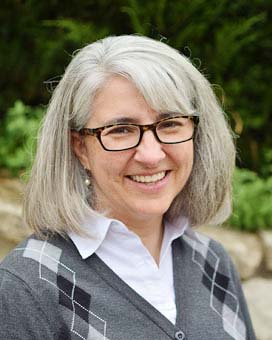Summary
If you are sending your homeschooled students to college, these observations from college professors might provide an advantage in their college experience.Inevitably, when a faculty or staff member learned of my new role as Benedictine College’s Homeschool Outreach Coordinator, they shared with me one of two types of responses.
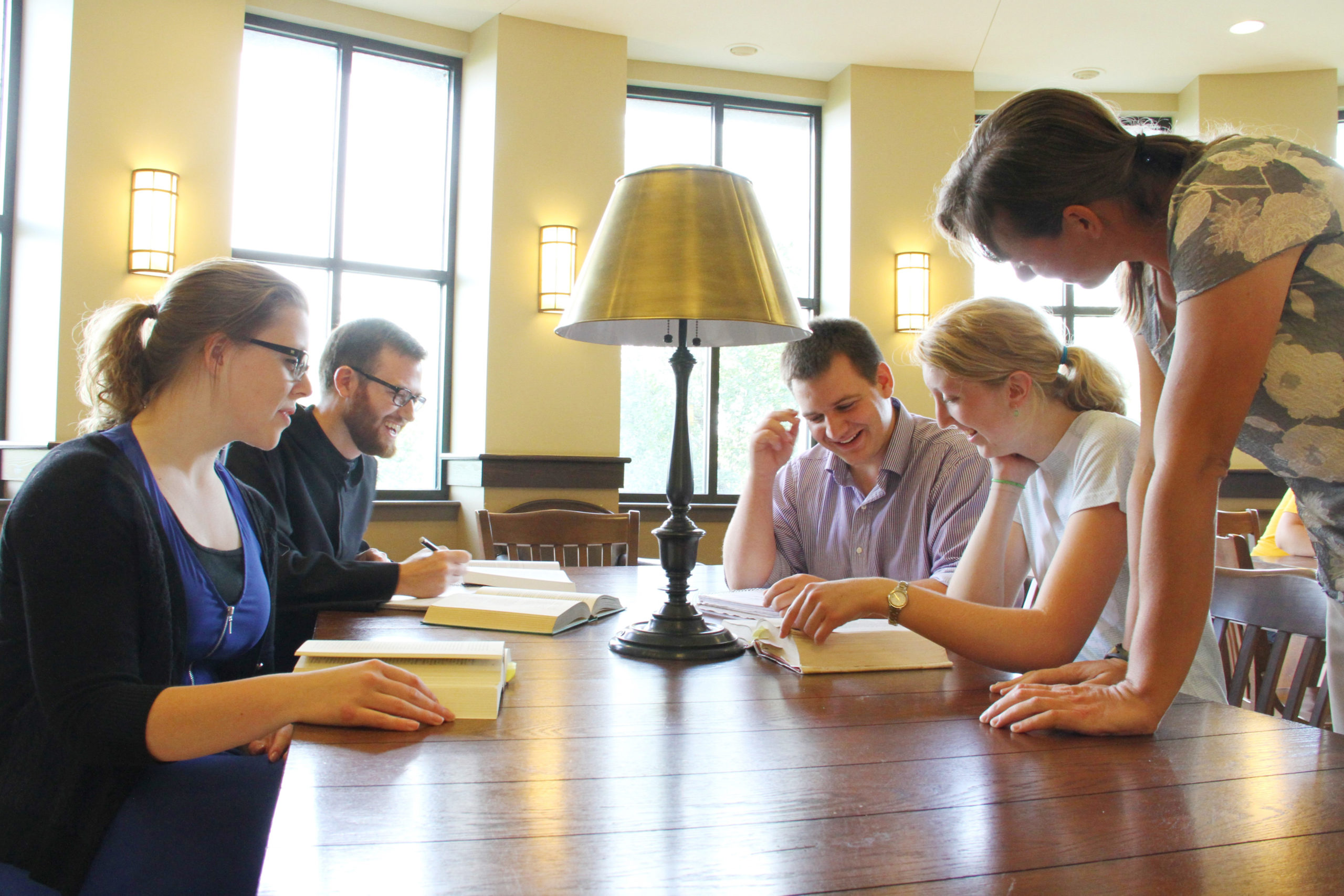
Some shared encouragement, telling me how homeschoolers are succeeding in college and contributing in the classroom. Others shared advice, asking me to pass along to homeschool families tips and hints that would help their students thrive after high school.
As a former homeschooling mom, I recognized the value of both types of feedback, and I am happy to share with Seton families some of what I learned!
What Homeschoolers Get Right
Let’s begin with how homeschool graduates are impressing Benedictine College professors.
Karen Wood, professor of Criminology and Sociology and longtime homeschooling mother, explains that homeschoolers “were taught to value learning for its own sake. In contrast, traditional students often think about education as a series of hoops to jump through.”
Dr. John Romano, History Dept. Chair, notes homeschoolers “don’t have to be forced to read. Some of the people I know who are best read, in fact, are those who have been homeschooled.” High praise indeed coming from a 2018 recipient of the Rome Prize, called the Pulitzer Prize for the humanities.
Homeschooling father and professor of Theology Dr. Matt Ramage observes that homeschoolers “are often very mature, know how to relate to adults, and have discipline in their schoolwork.” In fact, he estimates that 7 out of 10 of his “best students” were homeschooled.
After years of teaching in public school settings, Dr. Angela Broaddus of the Math and Computer Science Department encountered homeschooled students at Benedictine and saw for herself how their positive traits translate into classroom success.
Now a self-proclaimed “homeschool convert,” Dr. Broaddus finds that homeschoolers “are responsible for their part of learning, do assignments thoroughly, review the syllabus carefully, and seek help to resolve problems.”
What We Need to Work On
Dr. Broaddus added this surprising caveat: “Some experiences that students have in high school need to be truly difficult so that they learn with their parents how to navigate something that was hard for them.”
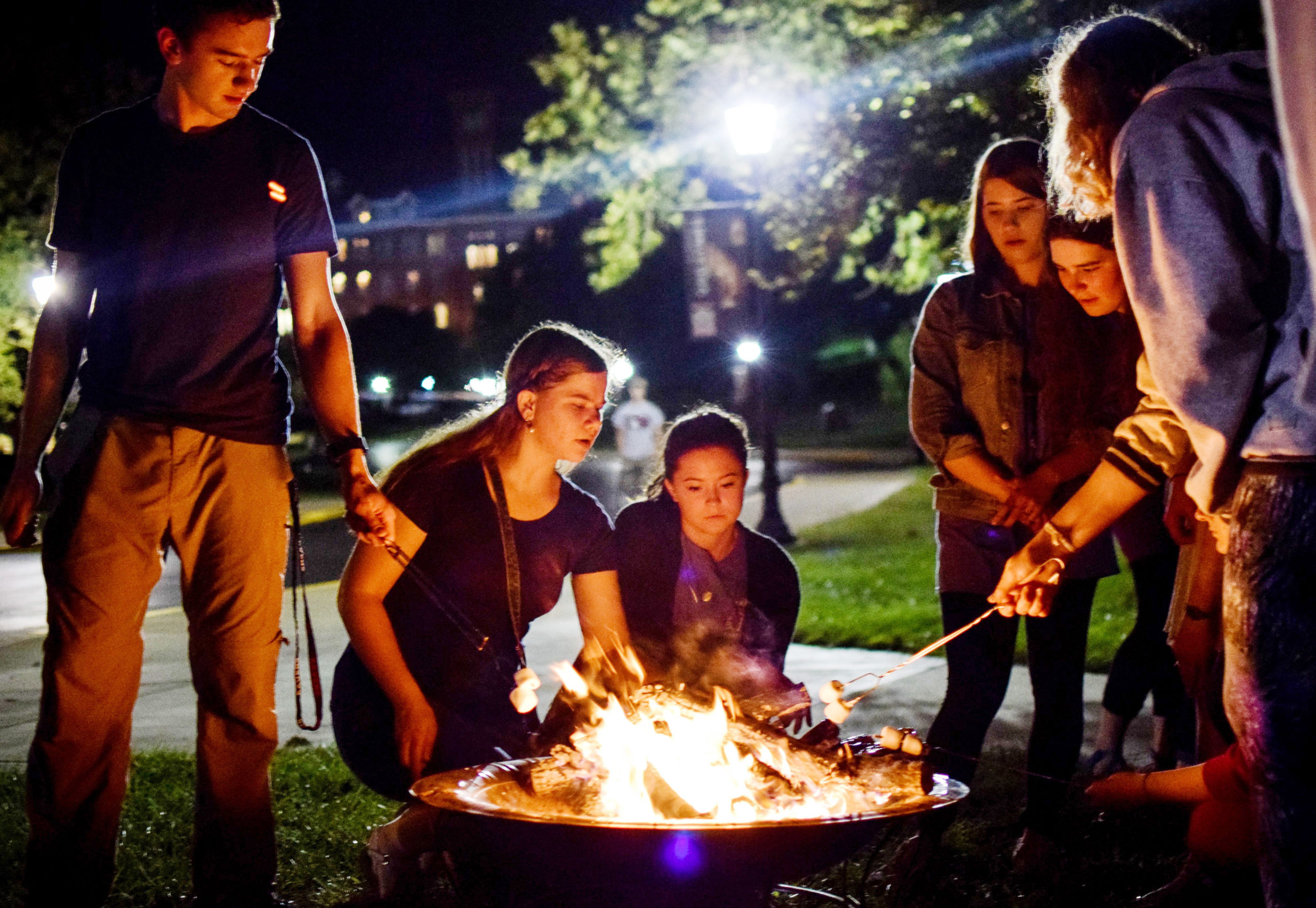
TIP: Encourage your high school student to tackle a challenge outside their comfort zone. Even if it means failure, the more experience your student has with challenges, the better prepared they will be to work through difficulties in college.
*****
Director of Benedictine’s Student Success Center Mrs. Janet Wilcox finds that some homeschool students may be “unprepared for a lecture setting and related note-taking requirements.”
TIP: Give your student opportunities to grow skills such as identifying the speaker’s structure and main points and writing quickly and legibly.
*****
Dr. Stephen Mirarchi of the English Department reminds homeschoolers that “piety doesn’t make up for not doing homework.”
TIP: Emphasize to your student that balancing his faith life with his academic pursuits is glorifying God in all things and living out his primary vocation.
*****
A piece of friendly advice comes from Fr. Marion Charbonneau, a monk of St. Benedict’s Abbey and professor in the History Department. He notes that “among students who don’t put their names on papers or tests – there’s an astoundingly high percentage of homeschool students who will be the ones who do that!”
TIP: Request Benedictine’s free “Catholic Homeschool Student and Parent Guide to Preparing for College Admission” at www.benedictine.edu/homeschoolguide.
Putting It Into Practice…
Seton Home Study School graduates are experiencing success in the college classroom at Benedictine, and they credit their Seton education by preparing them well for the transition from homeschool to college.

“You may always feel behind in one class, while in another you will be way ahead.
Have patience with yourself in the former situation, and patience with the professor and peers in the latter one,” she said. “Invite God into the studying, work hard, and persevere!”
Clare Cipolone of Brooklawn, NJ, Seton Class of 2019 Benedictine Sophomore, Economics Major

“I recommend taking notes on the video lectures provided with some Seton courses, such as Saxon math, to help build this important skill,” he said. “The thing that most surprised me about college was how approachable and available the professors are. They are always happy to talk after class or during office hours, answer questions, or help with a homework problem you don’t understand.”
Maximilian Davy of Parker, CO, Seton Class of 2017, Benedictine Senior, Mechanical Engineering Major

“Make it a priority to get on top of things,” he said.
“In college, the only person who will make sure you stay on track at school is you, so start building that habit now.”
Thomas Kai, Pilot Hill, CA, Seton Class of 2017, Benedictine Senior, Finance
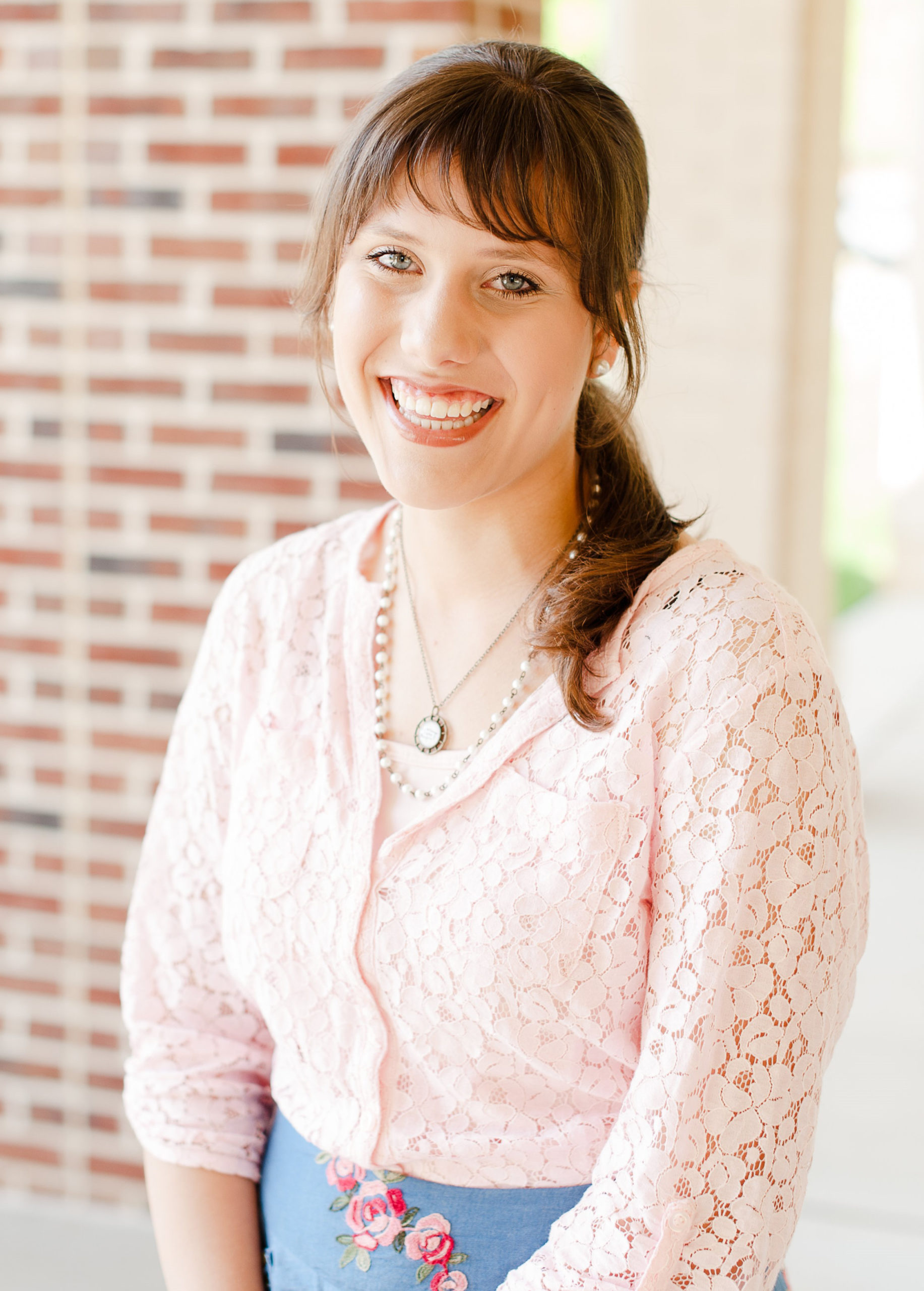
“Because of Seton, I gained a love of learning,” she said. “I also learned the basics of how to learn through Seton, which I can now both broaden and apply when I am learning with a deadline in college.”
Olivia Shingledecker, Concord, NC, Seton Class of 2019, Benedictine Sophomore, Undecided

“For me, the Seton curriculum prepared me to not feel so overwhelmed with the amount of homework I have in college,” she said.
“I think my greatest ‘rookie’ mistake at college was actually focusing on my classes too much! Over the years, I am learning that time in college is too short to choose studies over friends too many times!”
Hannah Tichy, Laurie, MO, Seton Class of 2017, Benedictine Elementary Education, minor in Spanish
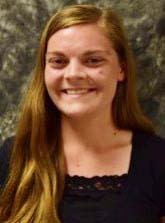
“Many professors have commented on my proficiency, which is largely due to the repetition and diligence that went along with writing Seton papers,” she said. Another tip? “Set an alarm for the same time every day. This helped me be more productive throughout the day.”
Jennette Anderson, Gillette, WY, Seton Grad 2016, Benedictine Grad 2020 English and Accounting major

“What I really liked about Seton was how it prepared me for the writing aspect of college,” he told Seton Magazine last year. “It’s something Seton hits heavily on, so I was definitely well-prepared.”
A varsity baseball player, he emphasized that students should make use of the faith opportunities at college.
Michael Slaten, Nacogdoches, TX, Seton Grad 2016, Benedictine Grad 2020 Business Management major
Developing Habits and Solid Education
Professors acknowledge that the solid preparation being provided by homeschooling families and curriculum providers like Seton Home Study School is paying off.
Developing the habits and dispositions needed in college during high school will help you and your student breathe a sigh of relief as you picture your student stepping into the college classroom!

 Seton Magazine Catholic Homeschool Articles, Advice & Resources
Seton Magazine Catholic Homeschool Articles, Advice & Resources
